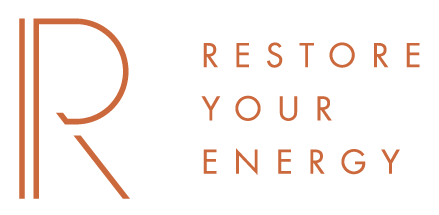WHAT IS REIKI?
Reiki is an ancient and natural hands-on healing modality that originates from Japan. The word ‘reiki’ when translated into English is ‘rei’ meaning universal life force and ‘ki’ means energy. The concept of ‘ki’ or life force energy is found in many cultures. Ayurvedic medicine in India refers to it as ‘prana’, whilst the Taoists in China refer to it as ‘chi’. This energy exists within you and everything that surrounds you. Science now agrees that all matter is made up of energy whether it’s a hard object like a rock or a softer being like the human body.
This knowledge is so important when it comes to our health as our physical body can no longer be seen purely as static matter. Rather we are fluid, alive and constantly interacting with everything around us.
The energy of the universe is unlimited and as young children we are able to replace our energy reserves easily. But as we age it becomes more difficult to do this, since we hold on to unprocessed stress or emotions in the body. When our energy blocked in some way we may begin to experience physical, emotional, mental or spiritual discomfort.
During a reiki session energy is drawn from the universe and transmitted through the palms of the hands to rebalance and restore your energy.





